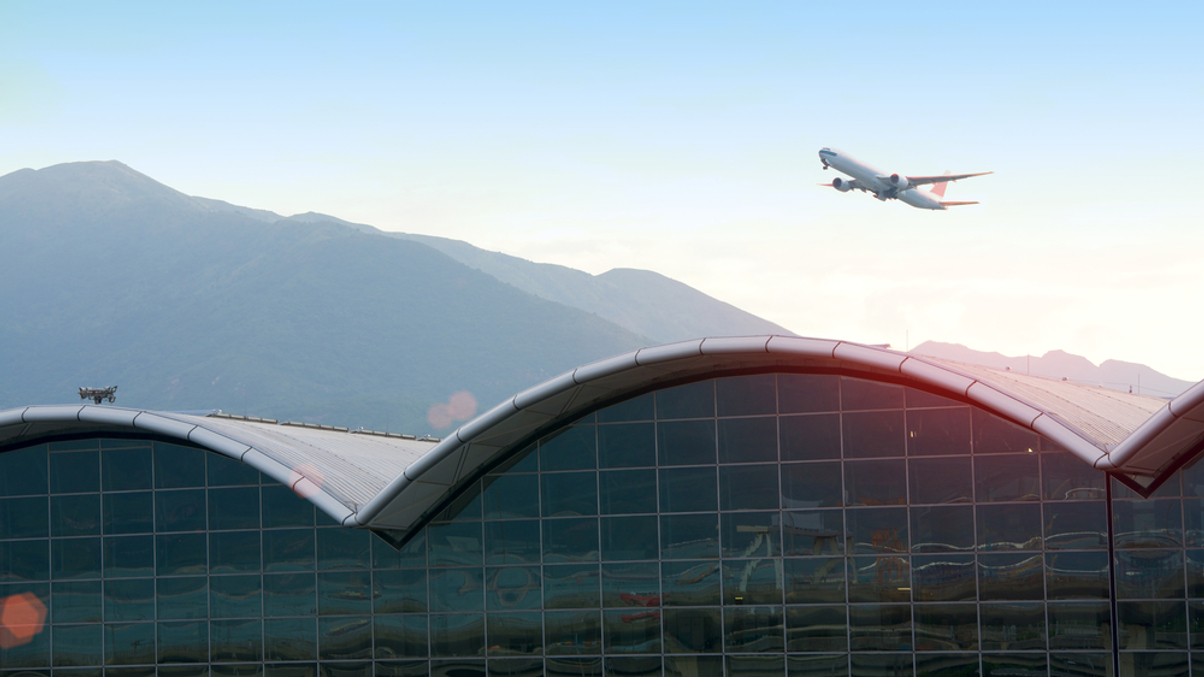Hong Kong quarantine: asset managers buoyed as city finally opens up
The city’s asset management industry thinks the new policy of no more hotel quarantine but three days of limited public activity is not perfect, but very good. Even so, the bigger moment to celebrate is when mainland China reopens.

Hong Kong’s asset management industry has joined the rest of the city in cheering the end of hotel quarantine after almost three years of near-isolation from the rest of the world.
Sign in to read on!
Registered users get 2 free articles in 30 days.
Subscribers have full unlimited access to AsianInvestor
Not signed up? New users get 2 free articles per month, plus a 7-day unlimited free trial.
¬ Haymarket Media Limited. All rights reserved.


